 |
 |
 |
|---|
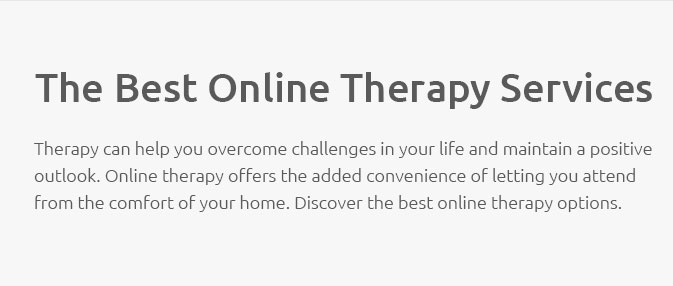 |
 |
|---|
 |
|
|---|---|
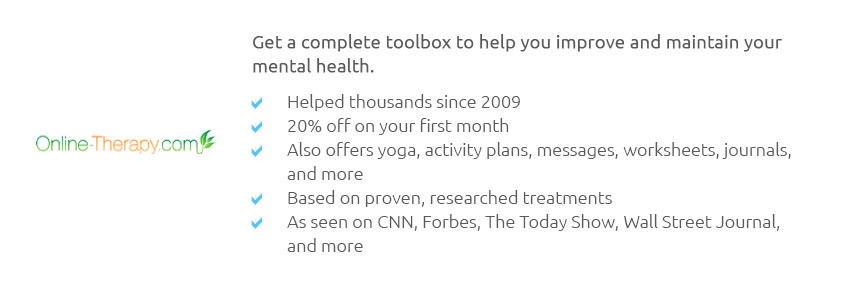 |
 |
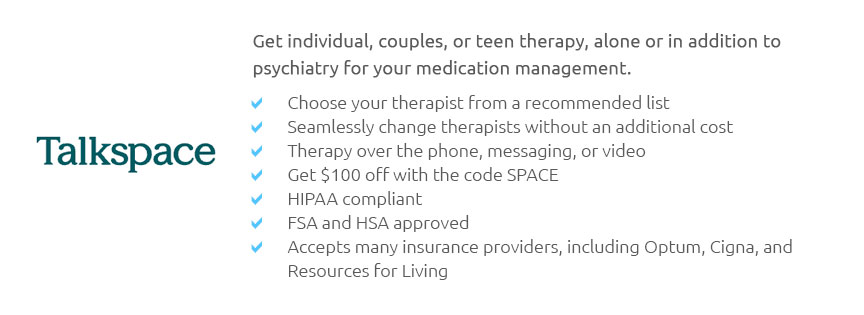 |
 |
 |
 |
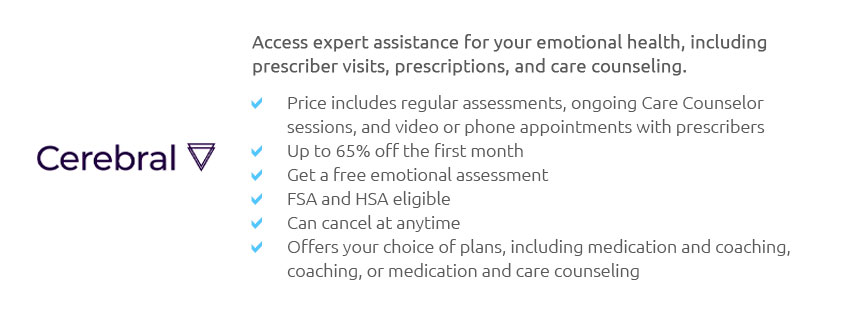 |
 |
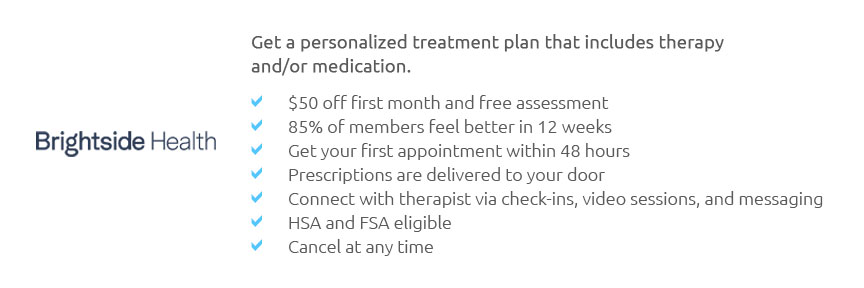 |
 |
 |
 |
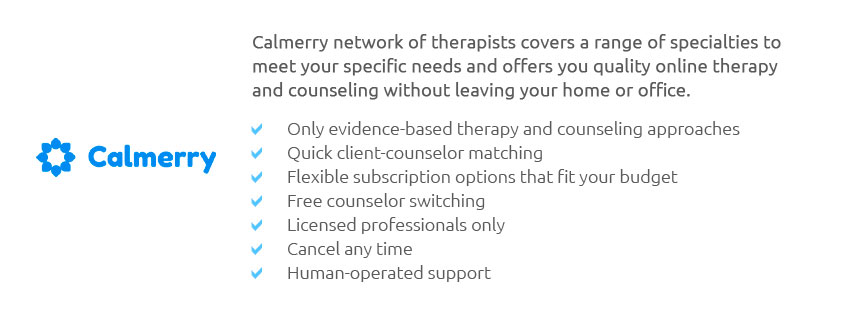 |
 |
 |
 |
|---|
How to Call a Therapist: A Complete Beginner's GuideReaching out to a therapist for the first time can be daunting. Whether you're seeking help for anxiety, depression, or any other mental health concern, this guide will walk you through the process of making that initial call. Understanding Why You Need TherapyBefore picking up the phone, it's essential to understand your reasons for seeking therapy. Therapy can help with various issues, including stress, relationship problems, and personal growth. Identifying Your NeedsConsider what you hope to achieve through therapy. Are you dealing with specific issues, or do you seek general support? Knowing your goals can help you find the right therapist. Finding the Right TherapistFinding a therapist who matches your needs is crucial. Consider factors like specialization, location, and cost. Researching OptionsStart by searching online directories or asking for recommendations from friends or healthcare providers. You might also explore options for christian behavioral therapy near me if that aligns with your values.
Preparing for the CallOnce you've identified potential therapists, it's time to prepare for the call. Being prepared can make the process smoother and less stressful. What to Have ReadyBefore calling, jot down any questions or concerns. This could include queries about availability, fees, or treatment methods.
Making the CallWhen you're ready to make the call, find a quiet place where you can speak freely. Remember, this call is an opportunity for both you and the therapist to determine if you're a good fit. During the CallIntroduce yourself and briefly explain why you're seeking therapy. Feel free to ask about the therapist's approach and experience with issues similar to yours. It's okay to express any concerns you might have. Open communication is key to establishing a good therapeutic relationship. Overcoming Common BarriersMany people face barriers such as cost or uncertainty about the process. If cost is a concern, consider exploring options like sliding scale fees or community clinics. You can also visit need a therapist but can t afford one for more information. FAQWhat should I expect during my first therapy session?During your first session, the therapist will likely ask about your history and reasons for seeking therapy. It's a time for you to get to know each other and establish a treatment plan. How long does therapy typically last?The duration of therapy varies depending on individual needs. Some may find relief in a few sessions, while others may require longer-term support. Taking the step to call a therapist is a significant move toward improving your mental health. With the right preparation and mindset, you'll find a professional who can guide you through your journey. https://www.healwise.org/articles/how-to-schedule-a-therapy-appointment
We've written a brief script that you can use to contact a mental health clinic to schedule your first therapy appointment. https://rightfitcounseling.com/blog/how-to-reach-out-to-a-therapist/
This may seem simple, but figuring out how to address a therapist can be stressful! In general, Hi, [First Name] or Hi, Dr. [Last Name] if ... https://blog.opencounseling.com/calling-a-therapist-tips/
Read on to learn more about why you might be hesitating to make that first call, what you can do to overcome your pre-therapy jitters, and what you can look ...
|
|---|